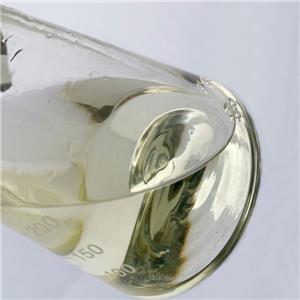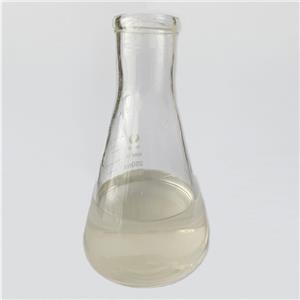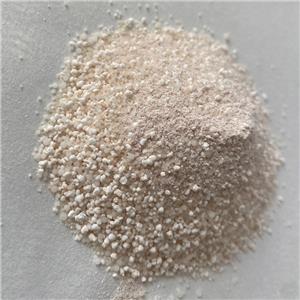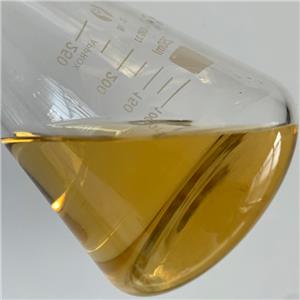Advantages of silane surface treatment agents for SPCC
Shenyang Beitong Technology focuses on providing customers with high-quality products, professional services, and reassuring after-sales guarantee. Today I would like to introduce a hot-selling product to you.——Silane surface treatment agents for SPCC (Superior Polished and Cold-Rolled Coil) steel offer a multitude of advantages that enhance the material's performance and versatility in various applications. Here is a detailed overview of the benefits provided by silane surface treatment agents for SPCC:
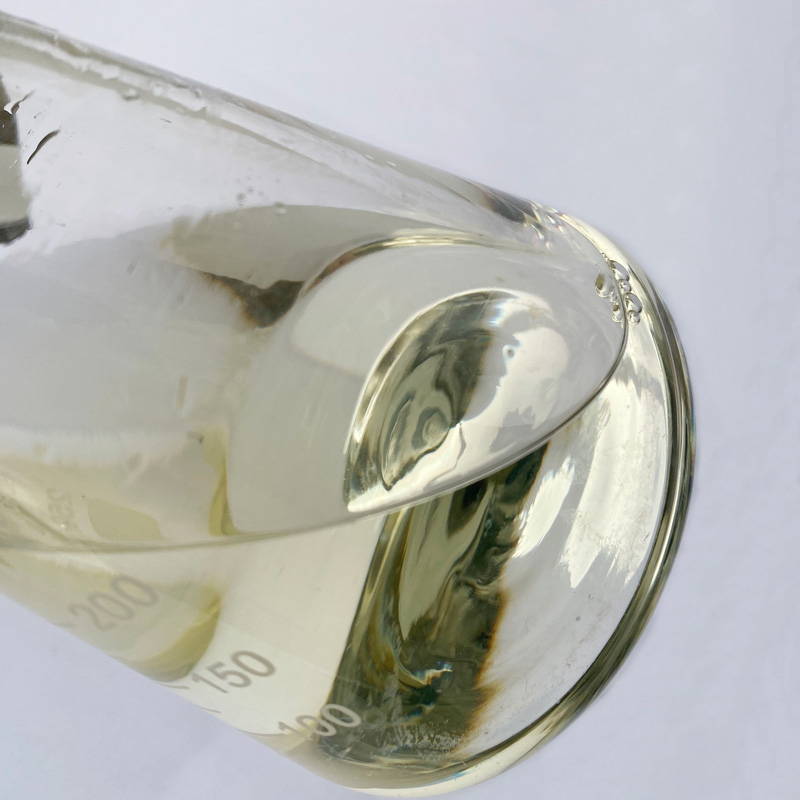
1. **Improved Adhesion**: Silane agents improve the adhesion properties of SPCC, allowing for better bonding with coatings, paints, and other materials. This is particularly important in applications such as automotive parts, appliances, and construction materials where strong adhesion is crucial for durability.
2. **Enhanced Corrosion Resistance**: By forming a protective layer on the SPCC surface, silane treatment agents provide additional resistance against corrosion. This is achieved through the formation of a stable siloxane bond that creates a barrier against moisture and other corrosive elements.
3. **Increased Surface Energy**: Silane treatment increases the surface energy of SPCC, which facilitates better wetting and improved interfacial interactions with applied coatings. This results in a more uniform and robust coating, enhancing the overall performance and appearance of the finished product.
4. **Chemical Stability**: Silane-treated SPCC exhibits excellent chemical stability, maintaining its properties even under harsh environmental conditions. This makes it suitable for applications where the material may be exposed to chemicals, solvents, or aggressive cleaning agents.
5. **Environmental Friendliness**: Silane treatment agents are typically more environmentally friendly compared to other surface treatments such as chromate conversion coatings. They do not contain heavy metals or toxic substances, aligning with the growing demand for eco-friendly solutions in manufacturing.
6. **Resistance to UV Degradation**: Silane agents can provide UV resistance to SPCC, protecting the surface from the damaging effects of ultraviolet radiation. This is particularly beneficial for outdoor applications where the material may be exposed to sunlight for extended periods.
7. **Improved Paintability**: The treatment enhances the paintability of SPCC, ensuring that paint adheres more effectively and provides a smoother, more uniform finish. This is important for achieving high-quality aesthetics in applications such as automotive panels and consumer electronics.
8. **Increased Durability**: The protective layer formed by silane treatment agents contributes to the overall durability of SPCC, reducing wear and tear, and prolonging the service life of the material in various applications.
9. **Versatility**: Silane surface treatment agents can be tailored to meet the specific requirements of different applications, offering a high degree of versatility. This allows manufacturers to select the most appropriate silane agent for their particular needs.
10. **Ease of Application**: Silane treatments are relatively easy to apply, often through simple immersion or spray processes. This simplicity can reduce the complexity and cost associated with surface treatment processes.
11. **Compatibility with Various Substrates**: Silane agents are compatible with a wide range of substrates, including different types of steel, aluminum, and other metals. This compatibility allows for their use in diverse manufacturing processes.
12. **Improved Surface Wettability**: The treatment enhances the wettability of the SPCC surface, which is essential for processes such as painting, bonding, and coating. Better wettability ensures a more intimate contact between the SPCC surface and the applied materials.
13. **Reduced Surface Roughness**: Silane treatment can help to reduce surface roughness, leading to a smoother surface finish. This is particularly important in applications where a high-quality appearance is required.
14. **Increased Hydrophobicity**: Some silane agents can increase the hydrophobicity of the SPCC surface, making it more resistant to water and other liquids. This can be beneficial in applications where water resistance is a key requirement.
15. **Cost-Effectiveness**: Despite the initial investment in silane treatment, the long-term benefits in terms of improved performance, reduced maintenance, and extended product life make it a cost-effective solution for many manufacturers.
16. **Contribution to Energy Efficiency**: By enhancing the durability and performance of SPCC, silane treatment agents contribute to the energy efficiency of products that use this material. This is because products made from treated SPCC may require less maintenance and have a longer lifespan, reducing the need for frequent replacements.
17. **Customizable Surface Properties**: Silane agents can be formulated to impart specific surface properties, such as increased hardness or specific chemical resistance, depending on the application requirements.
18. **Improved Aesthetics**: The treatment can enhance the visual appeal of SPCC, providing a cleaner, smoother surface that is more suitable for high-quality finishes such as painting or plating.
19. **Enhanced Compatibility with Adhesives**: Silane-treated SPCC has improved compatibility with adhesives, ensuring stronger bonds and better performance in applications that require adhesive bonding.
20. **Long-Term Performance**: The silane treatment provides a long-term solution for improving the performance of SPCC, with the benefits lasting throughout the product's service life.


